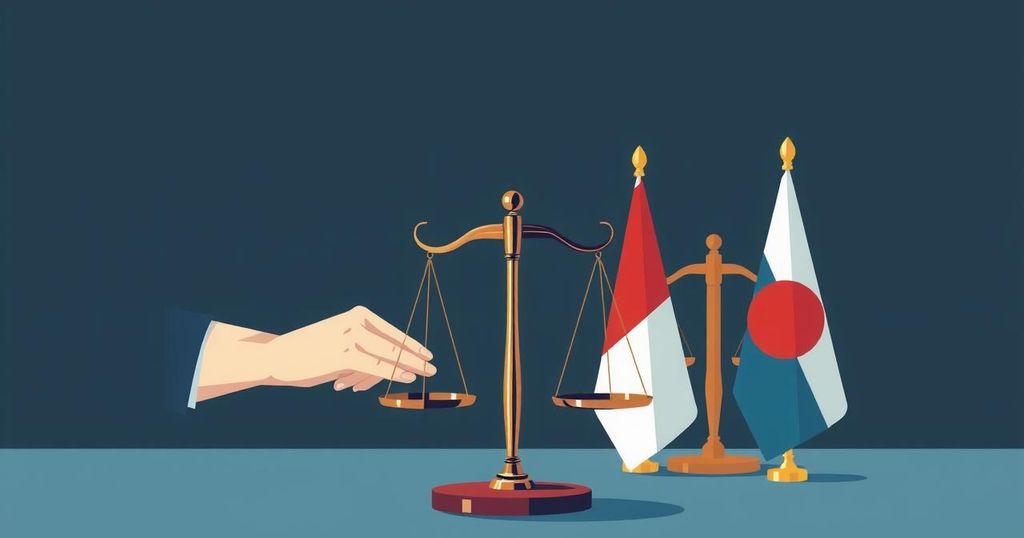World news
AMERICAN IMMIGRATION COUNCIL, ASIA, CHEVRON, CUBA, EL SALVADOR, IMMIGRATION, MADURO, MARCO RUBIO, NATIONAL SECURITY, NAY, NEW YORK TIMES, NORTH AMERICA, ORGANIZED CRIME, PHILIPPINES, POLITICS, RICHARD GRENELL, SOUTH AMERICA, TERRORISM CONFINEMENT CENTER, THE NEW YORK TIMES, TREN DE ARAGUA, TRUMP, TRUMP ADMINISTRATION, U. S, UNITED NATIONS, UNITED STATES, VENEZUELA, WHITE HOUSE
Lena Nguyen
0 Comments
Trump’s Team and the Troubled Venezuelan Prisoner Swap Saga
- Trump administration attempted a complicated prison swap deal
- Two separate negotiation efforts faltered, leaving detainees in limbo
- Conflicting strategies disrupt the U.S. response to Venezuela’s regime
Trump’s administration tangled in failed prisoner negotiations
Complex Negotiations Surrounding Prisoner Swaps The Trump administration is under scrutiny for how it dealt with Venezuelan migrants caught up in a botched prison swap attempt. Initially, there were plans to exchange 250 Venezuelan deportees, who ended up incarcerated in El Salvador, for 11 American citizens imprisoned in Venezuela. Leading the efforts were Secretary of State Marco Rubio and envoy Richard Grenell, though their negotiations seemingly fell apart, complicating the situations for American nationals and political prisoners alike.
Negotiation tactics create broader geopolitical challenges
Conflicted Strategies and International Implications It appears that the U.S. officials were playing a precarious game that revealed contradictions in their dealings with Venezuela. Rather than solely focusing on the prisoner exchange, Grenell reportedly put forward an alternative deal regarding Chevron’s operations, which could provide financial gains for the Venezuelan government. This approach seems to sit at odds with previous policies of isolation and judicial assertiveness against Nicolás Maduro’s regime, raising questions about the coherence of Trump’s foreign policy strategy.
U.S. government faces backlash over detainee management
Detainee Responsibility and Political Ramifications With approximately 250 Venezuelans deported starting March 15, the current administration has shifted the legal responsibility to El Salvador, claiming they are no longer involved. However, recent reports indicated that legal accountability remains with the U.S. government. Critics are asserting that the Trump administration’s apparent stalling on this matter only complicates the situation, possibly jeopardizing lives while causing friction with court orders meant to facilitate detainee movement across borders.
In summary, the Trump administration’s handling of Venezuelan migrants in the failed prison swap illustrates significant missteps in negotiations and raises concerns about accountability. El Salvador’s role, Venezuela’s conflicting demands, and internal U.S. discord signal troubling implications for American foreign policy. As the situation continues to unfold, the lives of detainees remain in limbo, ultimately underscoring the complexities of diplomatic engagement and international relations.




Post Comment